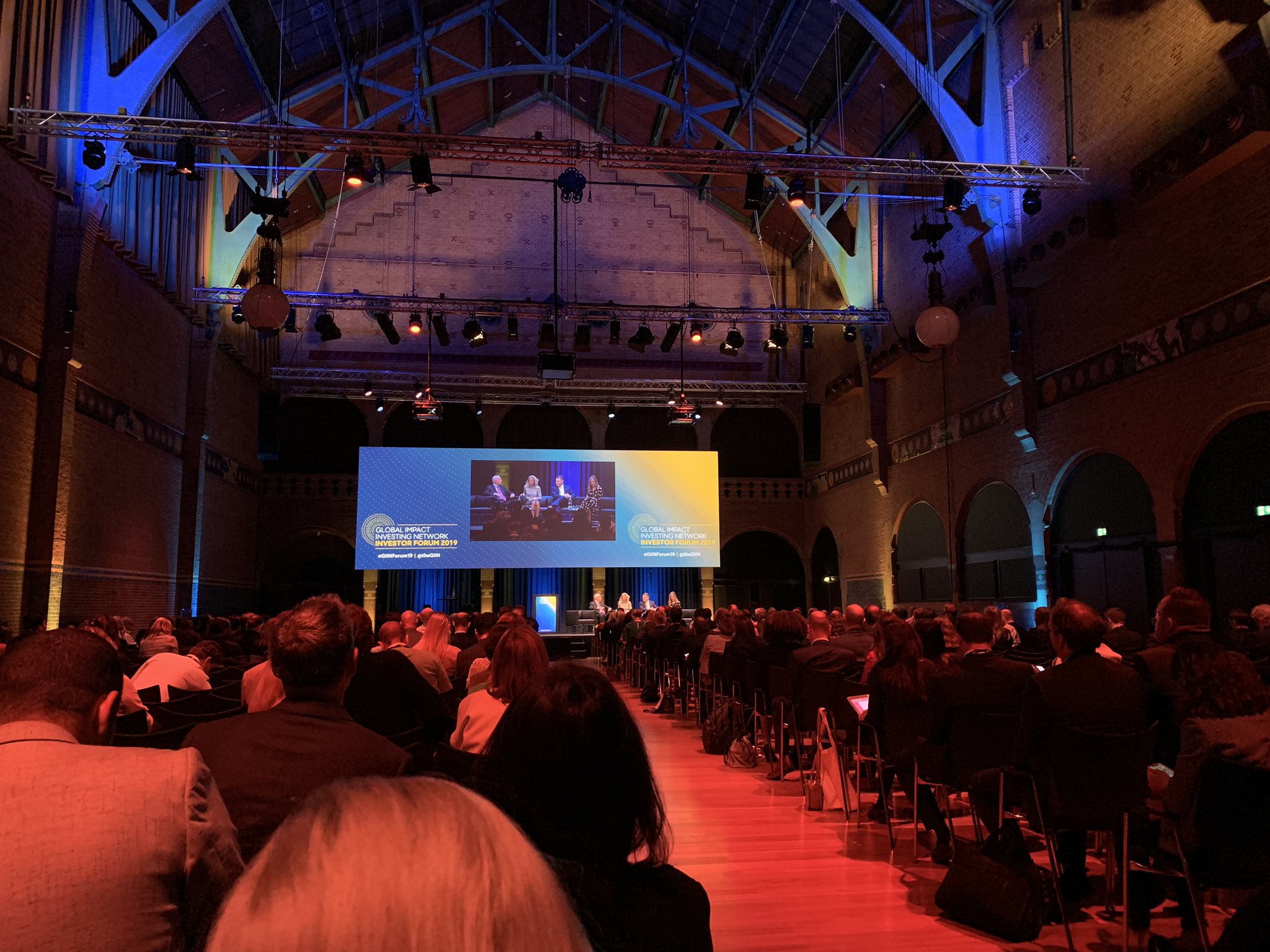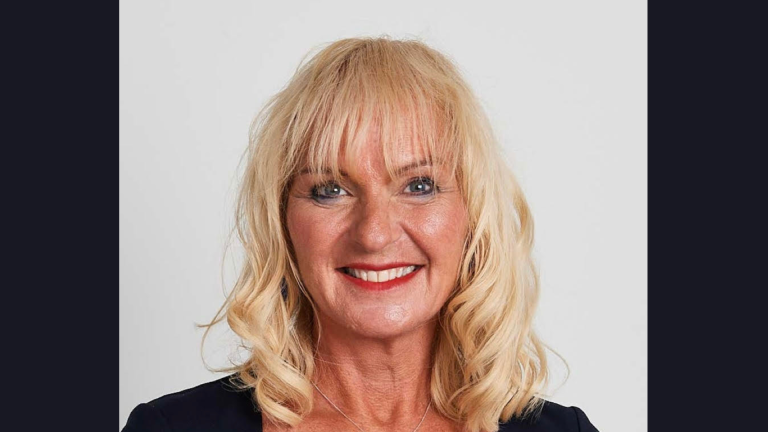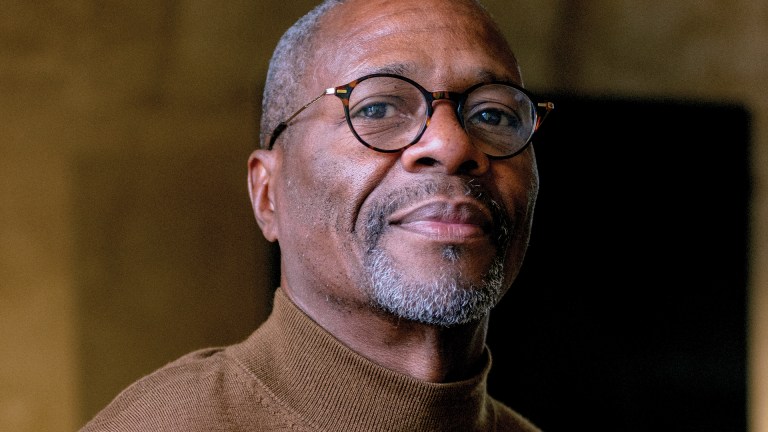I’m hitting the conference season this autumn. Thankfully, not the party conferences but the social investment ones. First, I attended the recent Global Impact Investors Network (GIIN) meeting in Amsterdam this October. I had not been to one of these for a while. GIIN was set up in 2009 around the new wave of finance that started to look at impact. A new group of mainstream financial institutions and large foundations ran with the hypothesis that it was possible to invest and achieve positive social and environmental impacts with market rate financial returns. Their principles were that you had to invest intentionally, you had to use evidence and impact data in investment design, manage impact performance and work together with others to contribute to growth of the sector.
What they aimed to do was attract money at scale to tackle the social problems that the likes of us had been working away at. To do that, they consciously chose a look, feel and message that was different. It was market focused, investor directed and scale orientated.
I was lucky enough in a former role to be able to attend meetings of the early GIIN Investor Council, back in the days when perhaps 70 or so people would gather up in Long Island, New York. While the focus was not on us, I did attend what I rate as one of the best conference sessions I have ever attended, a meticulous, heartfelt debrief on the failure of a leading US community finance institution after the financial crisis. This honesty and integrity in understanding a really difficult experience still leaves me moved.
GIIN today is another kettle of fish. There were 1,200 impact investors in the room on the 2nd and 3rd of October, at the Beurs van Berlage a former commodities exchange in the heart of Amsterdam. The GIIN today estimates a global impact investing market size of $502 billion. The impact range is a wide one. It ranges from the likes of us at Big Issue Invest through development finance, emerging market finance and latterly, publicly listed impact funds on the stock exchange, a step in from ESG/Responsible Investment funds.
NOW: The GIIN is thrilled to announce a new report, which marks a key first step in advancing investors’ ability to compare #impact performance rigorously w/in a sector. Learn more about this approach to evaluating #impinv performance here: https://t.co/BYZwHtlZCk
— GIIN (@theGIIN) October 2, 2019
There were some great technical sessions, some hyperbolic claims, some practical detail and networking, networking, networking. I enjoyed most of it. I particularly liked the session I attended on whether impact was being overclaimed. “How many of you have ever put an investee into default for not meeting their impact targets,” asked one speaker of the audience, “If you haven’t, you are not serious!” Wild.









